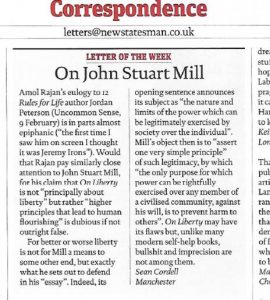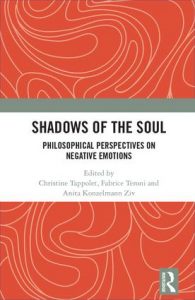Join the global discussion……with Professor Michael Sandel
Live Debate:
This is the latest philosophical question Professor Michael Sandel and the Global Philosophy Facebook group will be discussing live this Friday 26 January from 16.00 to 17.30.

The debate will be streamed live to the Global Philosophy Club Facebook group, so please do join us and share your comments and thoughts. . Some of your comments will be relayed to Prof Sandel during the session for live debate.
Everyone is invited, all you need is an internet connection.
If you want to join in the discussion, become a member of the group here: https://www.facebook.com/groups/globalphilosopher/about/
The debate can be viewed here:
https://www.facebook.com/groups/globalphilosopher/
Radio Broadcast:
A shorter version of the debate will subsequently be broadcast on BBC Radio 4 on Tuesday 6th February at 09.00-09.45. A video version, as well as previous debates are also available on the BBC Global Philosopher website: http://www.bbc.co.uk/programmes/b075ft6f
OpenLearn:
Our OpenLearn Global Philosophy pages also contain lots more information around philosophical themes, topic and questions. Explore further by visiting Open Learn:
http://www.open.edu/openlearn/tv-radio-events/radio/the-global-philosopher




